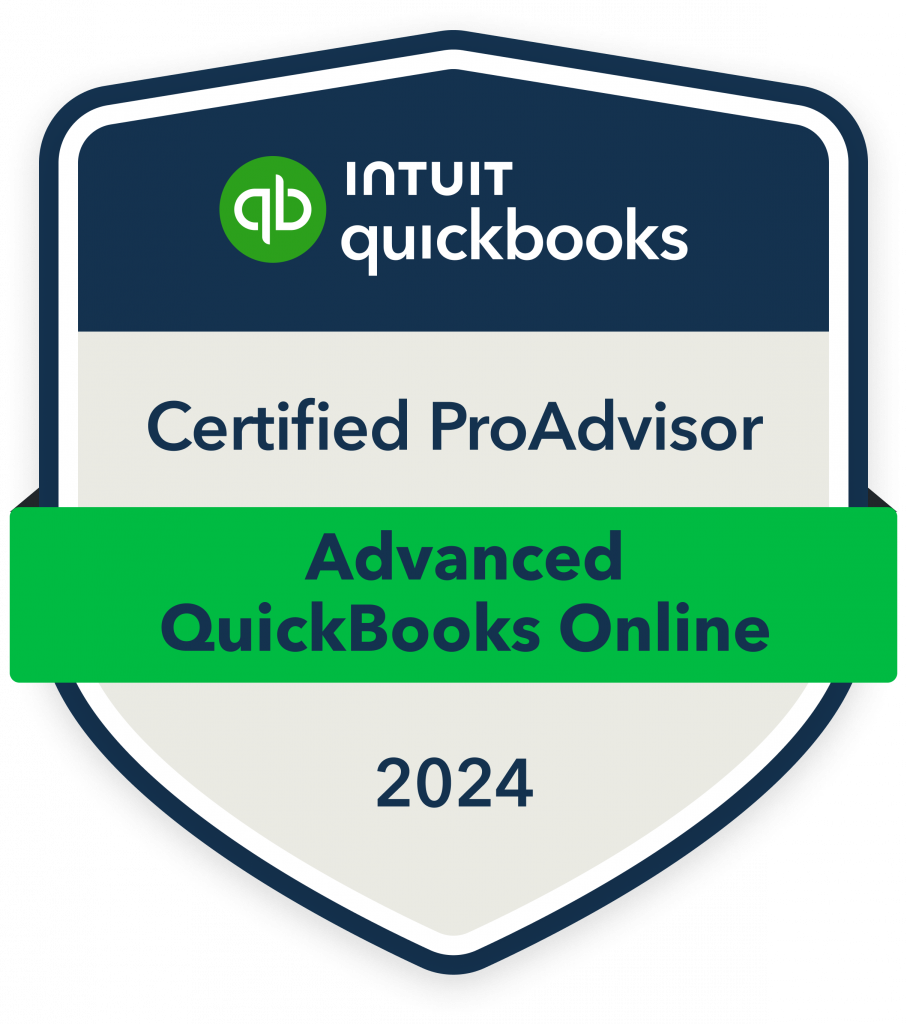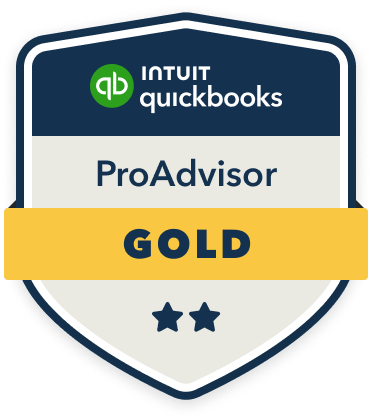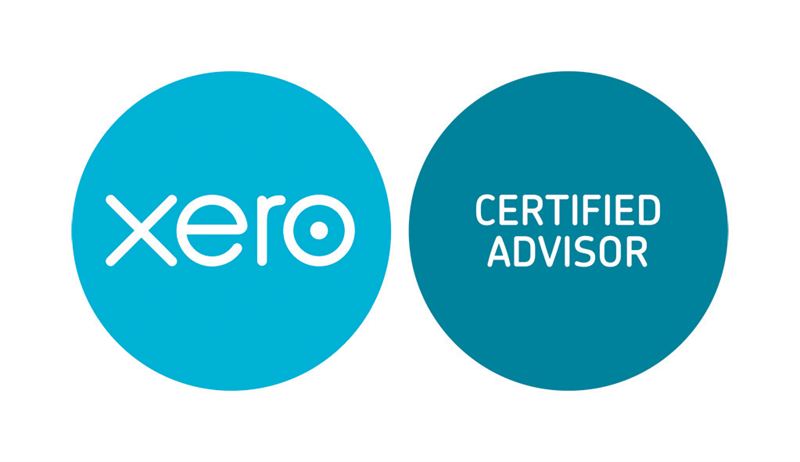
Top Tips for Claiming Business Expenses
As a business owner, keeping track of your expenses and claiming the right ones can significantly reduce your taxable income, ultimately saving your business money. However, it’s crucial to understand which expenses are eligible for claims and how to manage them properly. Claiming the correct expenses ensures that you stay compliant with HMRC rules and avoid penalties for incorrect filings. In this blog, we’ll share top tips on business expenses that you can claim as a UK business owner.
1. Understand the Types of Claimable Expenses
First things first, it’s essential to know the types of expenses you can and cannot claim. HMRC has strict rules on what qualifies as a legitimate business expense, and claiming incorrect expenses can lead to fines and penalties. Here are common categories of claimable expenses for UK businesses:
– Office Supplies: Costs related to office supplies like stationery, printer ink, and other necessary office items are deductible.
– Business Travel: If you use your personal car for business purposes, you can claim mileage expenses. Train, bus, and taxi fares for business trips are also deductible.
– Software & Subscriptions: The cost of software and subscriptions necessary for your business operations (like accounting software or a website domain) can be claimed.
– Utilities: If you work from home, you can claim a portion of your home utilities, such as electricity, heating, and internet costs. For businesses with a physical location, utilities like electricity, water, and heating are fully deductible.
2. Keep Thorough Records and Receipts
One of the most important tips for claiming expenses is keeping detailed records. HMRC requires businesses to keep receipts, invoices, and other supporting documents for at least six years. This makes it easier to prove your claims if you’re ever audited. Here’s what to track:
– Receipts: Always keep receipts for any business-related purchases. If you lose a receipt, try to request a duplicate or use an app to snap a photo for your records.
– Invoices: Keep digital and hard copies of any invoices you receive, whether for products or services.
– Mileage Logs: If you use your personal vehicle for business, keep a mileage log detailing the date, distance, and purpose of each trip.
There are apps available that can help you digitise and store receipts and invoices, making the process easier to manage.
3. Claim a Portion of Your Home Office Costs
If you run your business from home, you can claim a percentage of your household expenses related to your home office. These costs could include:
– Rent or mortgage interest
– Utilities (electricity, heating, water, internet, etc.)
– Council tax or business rates
To calculate how much you can claim, you’ll need to work out the percentage of your home used for business purposes. For example, if your home office makes up 10% of the total space in your home, you could claim 10% of the eligible household costs.
4. Be Careful with Personal Expenses
You must be cautious about mixing personal and business expenses. Personal costs cannot be claimed as business expenses, even if they are vaguely related to your business. For example, if you buy coffee during a client meeting, that is likely a valid business expense. However, if you buy coffee for personal use or family consumption, it is not deductible.
When in doubt, it’s always better to err on the side of caution and avoid claiming expenses that may be deemed personal. If an expense is only partially related to business, make sure you split the cost accordingly and only claim the business portion.
5. Claim for Employee Costs
If you have employees or freelancers working for you, you can claim for the costs associated with their employment. Some common employee-related expenses include:
– Wages and salaries
– Pension contributions
– Training costs: If you provide training to employees to improve their skills or increase their knowledge, these costs can be claimed.
– Freelancer fees: If you hire freelancers for specific tasks or projects, their fees are deductible.
Remember, you must keep accurate payroll records and ensure all employees are paid in accordance with the UK’s employment laws.
6. Keep Track of Depreciation on Business Assets
If you’ve purchased business assets such as equipment, machinery, or vehicles, you can claim depreciation (known as capital allowances) over time. The amount you can claim depends on the asset’s value and its lifespan. HMRC allows businesses to claim for the depreciation of assets used for business purposes, which can help reduce your taxable income.
There are different types of capital allowances, such as the Annual Investment Allowance (AIA), which allows businesses to claim 100% of the cost of qualifying items in the year of purchase (up to a certain limit).
7. Know About VAT on Expenses
If your business is VAT-registered, you can claim back the VAT paid on any business-related purchases. This includes goods, services, and other business expenses like:
– Office supplies
– Travel expenses
– Utilities and office rent
However, make sure that the purchases are strictly for business purposes, as you cannot reclaim VAT on personal items. Also, keep in mind that VAT claims must be made through your regular VAT returns.
8. Seek Professional Advice
Finally, if you’re unsure whether certain expenses can be claimed, it’s always a good idea to consult an accountant. A professional accountant can help you navigate the complexities of claiming business expenses and ensure you are fully compliant with HMRC regulations.
Conclusion
Claiming the correct business expenses is a key part of managing your finances and minimising your tax liability. By keeping detailed records, understanding which expenses are claimable, and avoiding mixing personal and business costs, you can optimise your claims while ensuring compliance with HMRC rules. Remember, if in doubt, seeking advice from an accountant like Webstones Tax is always a smart move to ensure you’re claiming everything you’re entitled to.
—
If you need help managing your business expenses or have questions about claiming VAT, feel free to reach out to us for expert advice and guidance!




